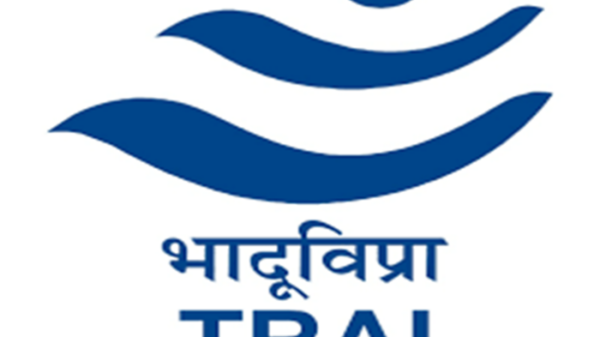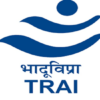We missed this earlier: The European Commission will have to redraft its ‘prevention and combat of child sexual abuse (CSA) proposal’ if it wants to maintain the internet as a valuable resource, said the Internet Society, an open internet advocacy group, in its internet impact brief on the document published in August. Earlier in May, the Commission published the proposal that mandates screening of private communications to detect instances of child sexual abuse. The document argued that it is compatible with end-to-end (E2E) encryption. However, currently no service provider can offer such E2E encryption to their users while complying with the document’s detection obligations. Following the assessment, the Internet Society recommended that the Commission make the proposal compatible with E2E, “recognizing the value of strong encryption in moving the Internet closer to its full potential as an open, globally connected, secure, and trustworthy resource.” It suggested that the European Union (EU) Centre dismiss encryption backdoors and client-side scanning considering the security risks and harm to the Internet. “This includes harm to easy and unrestricted access; data confidentiality of information, devices, and applications; integrity of information, applications, and services; reliability, resilience, and availability; and privacy,” said the group. Why it matters: There has been a longstanding debate in India on whether companies should enable E2E encryption, particularly with a backdoor for law enforcement agencies. The IT Rules 2021 state that messaging apps have to enable tracing the originator of a message, even though it explicitly violates E2E. Recently, the draft Indian…





























